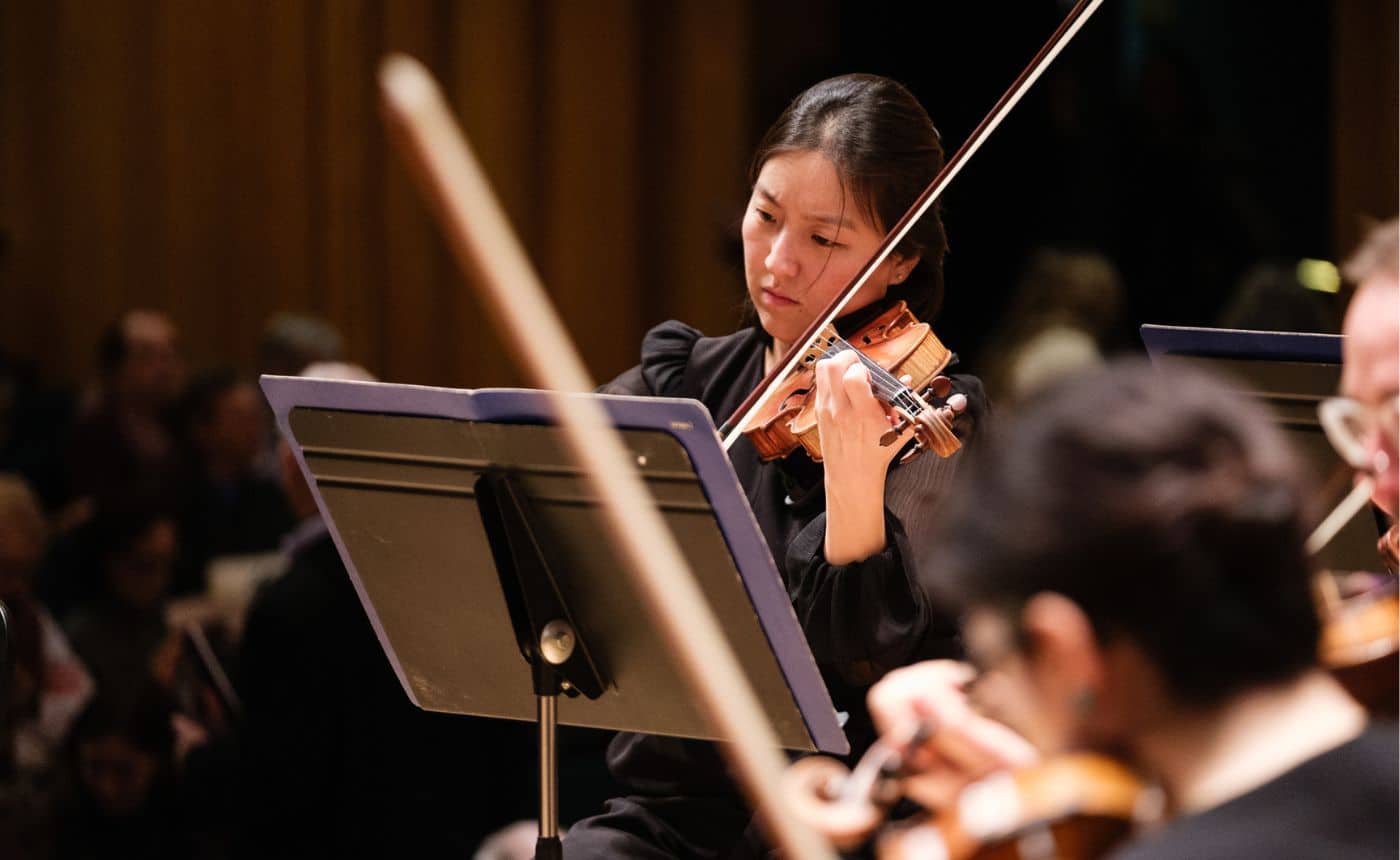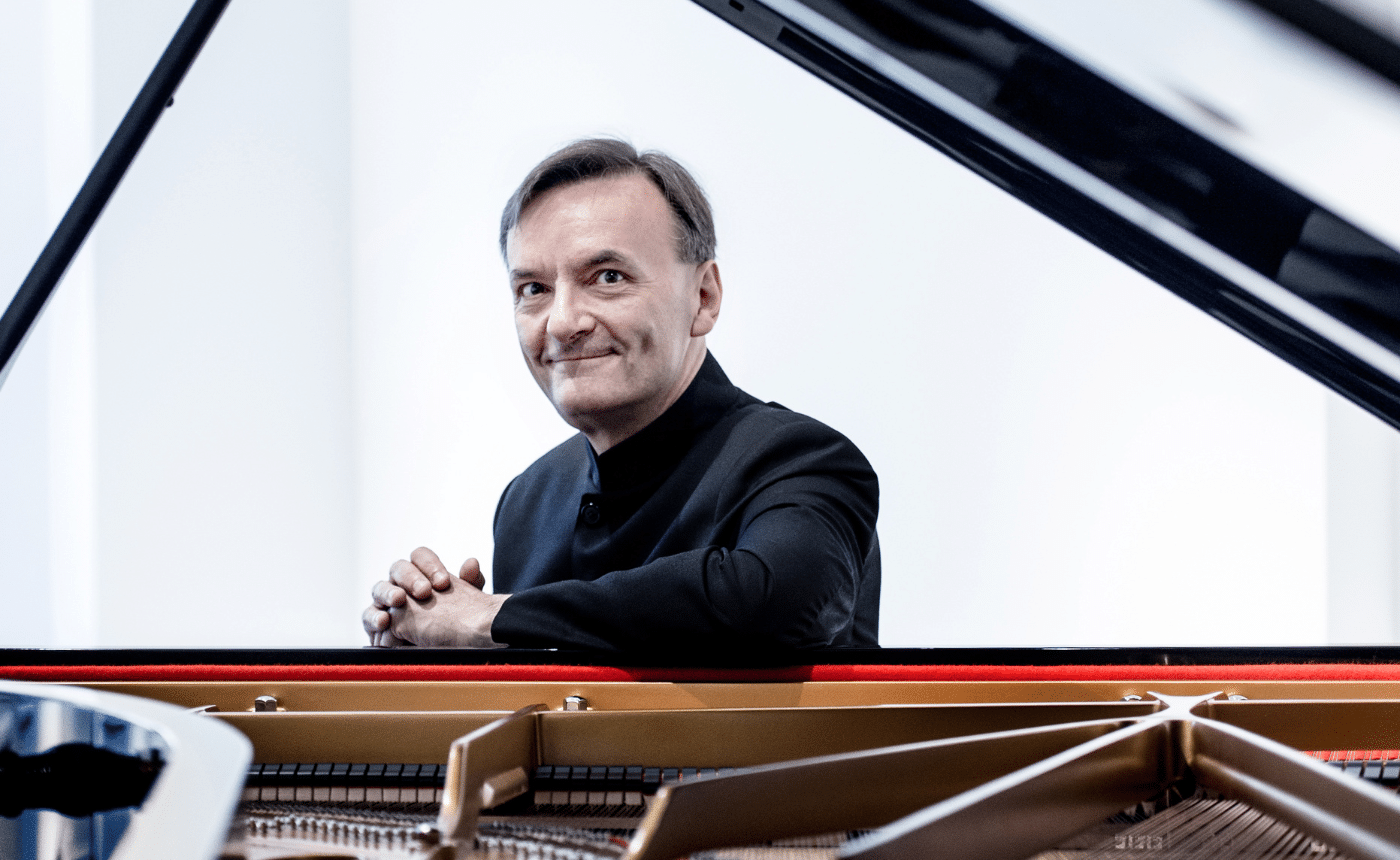Saint-Saens – Symphony No. 3 in C Minor (“Organ Symphony”)
Written by Jeff Counts
THE COMPOSER – CAMILLE SAINT-SAËNS (1835-1921) – 1886 was a bittersweet year for Saint-Saëns. He would complete a commission from the Royal Philharmonic Society and create his most popular orchestral piece and one of the most often performed of any composer’s symphonies. Sadly, however, Symphony No. 3 would also commemorate a personal loss for Saint-Saëns. He would dedicate it to the memory of his dear friend and most sincere supporter, the great Franz Liszt, who died that summer.
THE MUSIC – History has bestowed upon Saint-Saëns the reputation of a curmudgeonly musical conservative. Fair or not, he certainly was a man of strong opinions. After being an early devotee of Wagner, Saint-Saëns’ opinion of him cooled significantly in later years. This was pure blasphemy in 1880s Germany and it earned him some brutal reviews during a tour there. He also had little use for the music of fellow Frenchman Claude Debussy and famously (if apocryphally) walked out of the premiere of Stravinsky’s Rite of Spring after only a few measures. It would be easy to imagine innovation impossible in such a man but, in truth, the Organ Symphony contains a few notable non-traditional features. In addition to the uncommon inclusion of the organ itself, Saint-Saëns innovatively re-cast the conventional four-movement structure into two larger parts with the organ color figuring prominently only in second half of each. He also took the Lisztian technique of thematic transformation to its symphonic extreme, building much of the piece’s melodic content from a few simple opening ideas. There is little doubt that Saint-Saëns valued form above all else, but even when refusing to “sacrifice form to expression” (a fault he found in many others), he left us with a stunning example of how to look both backward and forward simultaneously with brilliance and inventiveness.
THE WORLD – 1886 was the year of the surrender of Geronimo, the first gasoline-burning automobile in Germany, the dedication of Statue of Liberty, the development of Coca-Cola and the first official celebration of Groundhog Day.
THE CONNECTION – Saint-Saëns’ Organ Symphony has been programmed numerous times by the Utah Symphony in both Abravanel Hall and the Mormon Tabernacle. The most recent performance was in 2005 under Maestro Jean-Claude Casadesus.
by Jeff Counts











